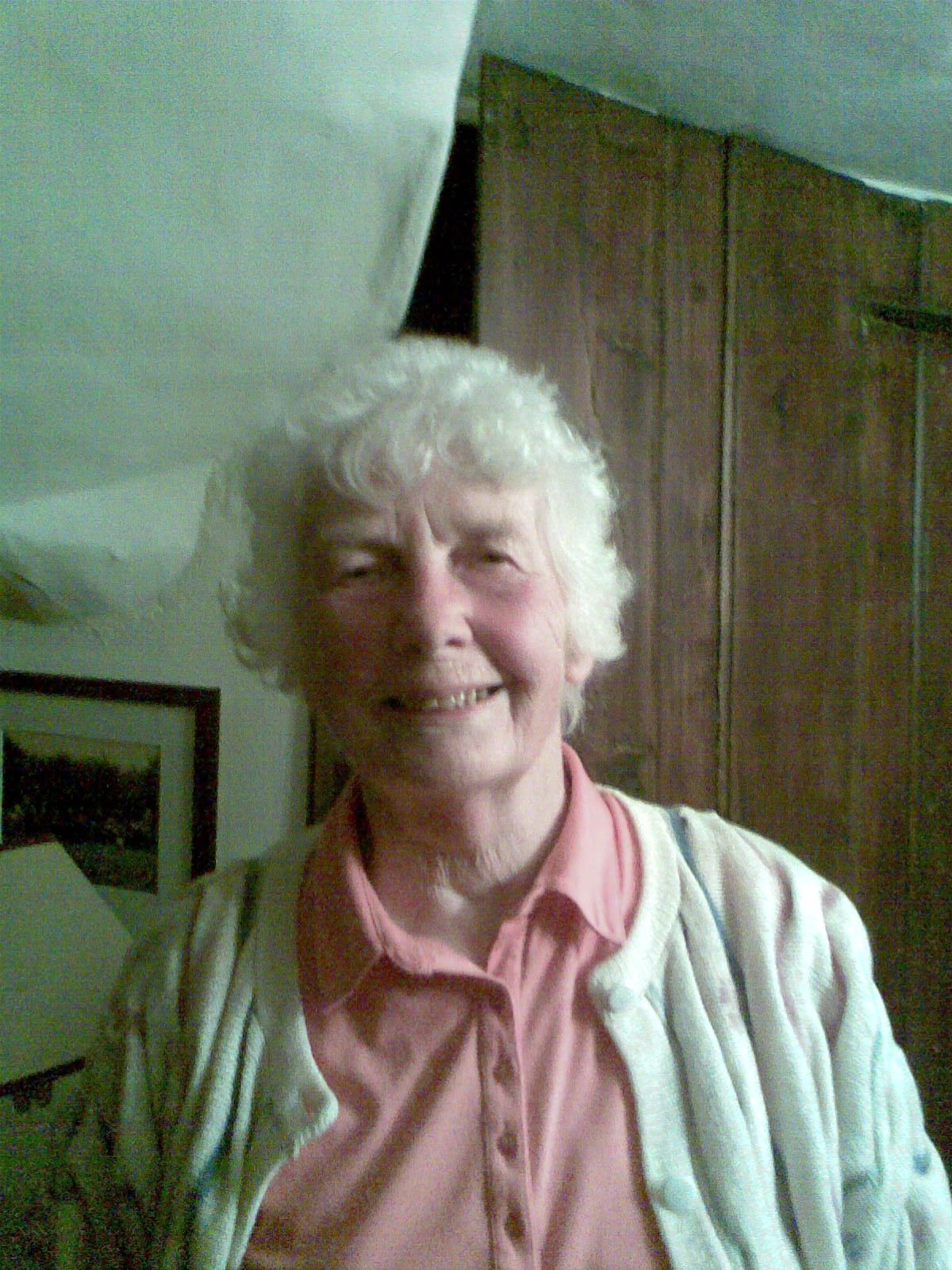I like this image! It captures how I feel at the moment. I’ve been a psychiatric nurse for a long time and then trained as a counsellor. I’ve always believed that what matters in clinical work is not a diagnostic label- Schizophrenia, Depression, Bi-polar etc. but the search for meaning. What does a particular experience mean to my patient. How do I help them in that search? The theoretical framework I chose to help me with this work was psychoanalysis, with its emphasis on unconscious meanings and processes. I believe that we come to an understanding of meaning through the counselling relationship where we can share our hopes, dreams, fears with another person. This is a daunting task for both parties. For the patient it means facing oneself with honesty. For the counsellor it means being able to bear this honesty and hold it safe. For the counsellor or therapist an important part of their training is personal therapy.Here is the opportunity- not to say necessity- to learn about oneself as well as to learn about the model of counselling one has chosen. And to know the experience of being a patient- which in itself is salutory. It is not always a comfortable process.
Carl Jung wrote “I consider it downright immoral to shut one’s eyes to the truth about oneself.” This self knowing is, as I have said already, the core of counselling. But lately I find myself wanting to know more about the truth of counselling. A patient talked about a dream in which he dropped an important letter in a puddle. The result was that all the words disappeared and he would never know what the letter said. Now there are numerous possible responses to this dream. We could wonder about his anxiety about not knowing something important. Or about an unconscious hostility towards the writer 0f the letter. Or a memeory of dropping something precious as a child. How was I to choose between different possible meanings? This question of interpretation is exercisng me a great deal at the moment-so much so that I am doing a Ph.D. in an attempt to answer my questions.
And my question is “On what basis do I comment on my pateints stories? What authority do I have to sit in my chair and say ‘ I think you are telling me …’?” Empirical facts are reasonably straightforward to prove. If I put my hand in a fire it will get burnt. If I go out in the rain,I will get wet. I can repeat this exercise as many times as I like and the end result will be the same. But how do I “prove” the truth of my interpretation of my pateint’s dream? The short answer is “I can’t”! It is impossible to “prove” a dream in the same way that one proves Pythagorus’ theorem. What I can do is to hear his dream in the context of his story. Of what is going on in his life at the time of the dream. Of what I understand of him as a person. And of his response to my interpretation .Does it “fit”? Does it help him to understand himself better?
Francois Rouday psychostang, a psychoanalyst, wrote “… I would like to say that the day psychoanalysis will not be afraid to doubt its own knowledge will be the day it comes closest to attaining the status of a science.” ( On the Epistemology of Psychoanalysis 1984) There are problems with this wish to make psychoanalysis equivalent to a science-but that belongs to another blog. What Rouday is asking for is some sort of certainty about the work we do. Which is probably not possible. But the question is important in itself. And this is the point of the cartoon. If I begin to ask “What is it that I do week by week with my pateints?”am I cutting off the branch I’m sitting on? And will I end up on the “wrong” side without a ladder?It feels rather like a priest confessing to “having doubts” when their task is to hold certainty. Yet I ask my patients to risk exploring their inner lives with its ambivalence, its love and its hate, its loves and rages. I invite them to hear my interpretations of these expereinces. Sometimes this exploration leads to unexpected places, which would never have been known about but for their work in counselling. So for me, asking about the way I work and the things I say will take me to new places. I just hope I like them!
Don't give up








